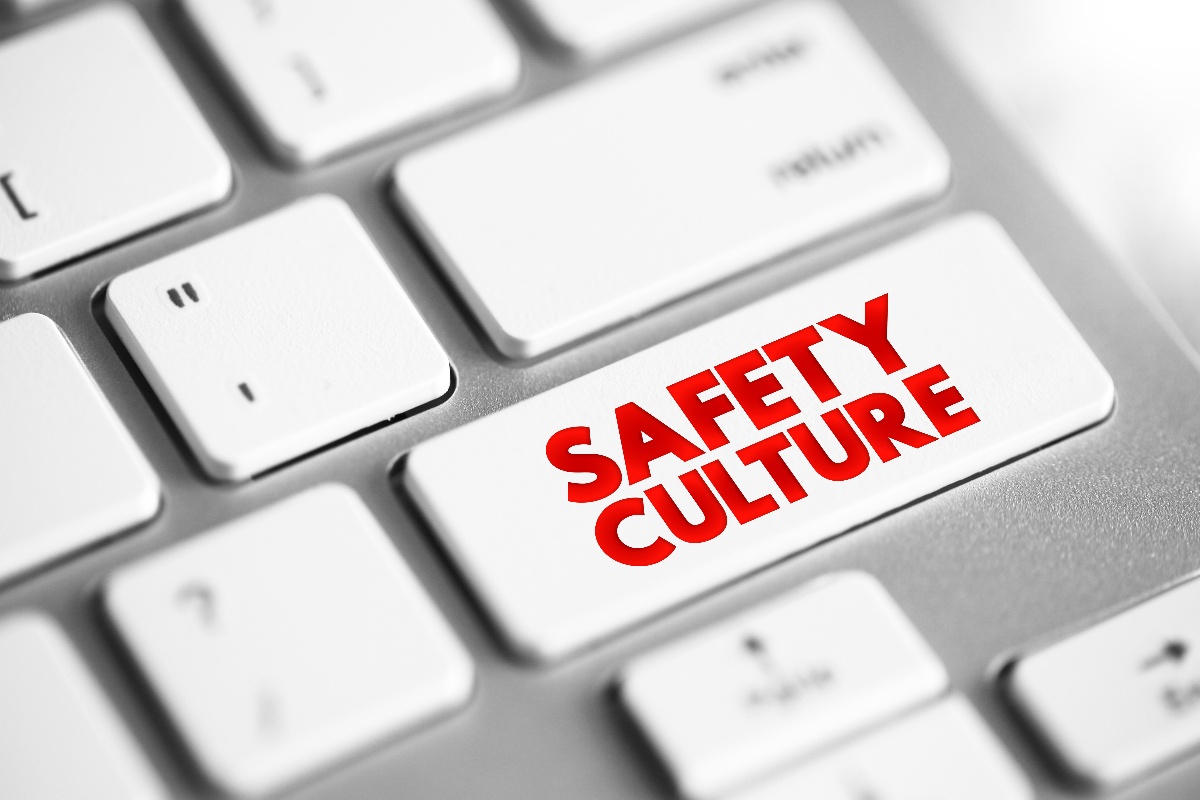
Fleet management, a critical function in numerous industries, involves the meticulous organization and supervision of a company's vehicles to ensure operational efficiency, productivity, and, most importantly, safety. While safety has traditionally been regarded as a priority in fleet management, there's a growing recognition that it should be more than just a priority – it should be a core value. This shift represents a profound commitment to the well-being of employees, the community, and the organization itself.
Prioritizing Safety
In conventional fleet management approaches, safety is often labeled as a priority—a crucial aspect but one that might be subject to shifting priorities or compromised in the pursuit of other objectives. Priorities can change based on circumstances or goals, and this flexibility can inadvertently lead to a lax attitude toward safety, particularly when confronted with tight schedules or cost considerations.
The Downsides of Treating Safety as a Priority
When safety is considered a priority, it becomes vulnerable to compromise when faced with conflicting demands. Pressing deadlines, cost pressures, or operational challenges may inadvertently push safety measures into the background. This heightened risk can result in an increased likelihood of accidents, injuries, and even fatalities. Furthermore, a reactive approach to safety, addressing it only after an incident occurs, is often inadequate to prevent recurring problems.
Elevating Safety to a Core Value
To truly integrate safety into the very fabric of fleet management, it should be elevated from a priority to a core value. This implies a cultural shift where safety is woven into every aspect of the organization, becoming a non-negotiable part of the company's identity and operations. Here are key reasons why safety should be considered a core value in fleet management:
-
Cultural Transformation: By making safety a core value, a cultural shift occurs. Employees at all levels internalize safety as a fundamental aspect of their roles and responsibilities. Forbes reminds us that creating a culture of safety is more than just a catchphrase. This cultural transformation fosters a proactive approach to safety, where everyone is committed to identifying and mitigating potential risks.
-
Long-term Focus: Core values are enduring principles that guide decision-making and behavior over the long term. Elevating safety to a core value signals a commitment beyond immediate concerns or pressures, establishing a foundation for sustainable safety practices that withstand the test of time.
-
Employee Engagement and Retention: Employees are more likely to engage with an organization that prioritizes their well-being. A commitment to safety as a core value not only enhances the overall workplace environment but also contributes to employee satisfaction and retention.
-
Enhanced Reputation: Safety-conscious organizations are viewed more favorably by customers, stakeholders, and the public. In fact, Forbes cites the global study that reveals consumers are four to six times more likely to purchase, protect, and champion purpose-driven companies. Elevating safety to a core value enhances the organization's reputation, fostering trust and confidence in its operations.
-
Risk Reduction: By making safety a core value, organizations proactively identify and address potential risks. This proactive approach significantly reduces the likelihood of accidents, breakdowns, and other incidents, contributing to overall operational efficiency.
Travelers states that fleet vehicle accidents are among the most costly injury claims for businesses. The average cost of a loss related to vehicle accidents is approximately $70,000. This is almost twice the cost of the average workplace injury ($36,592). Therefore, safety considerations are more than just a priority; they should be considered part of the culture of the company.
Fleet management extends beyond route optimization and vehicle maintenance; it's about ensuring the safety of everyone involved. Elevating safety from a priority to a core value signifies a commitment to a higher standard—one that goes beyond meeting basic requirements and becomes an integral part of the organization's identity. In the long run, this shift not only protects lives and assets but also contributes to a more resilient, reputable, and sustainable fleet management operation.
To learn more, contact us today! Wilmar offers fleet solutions that fit your company's unique needs.







